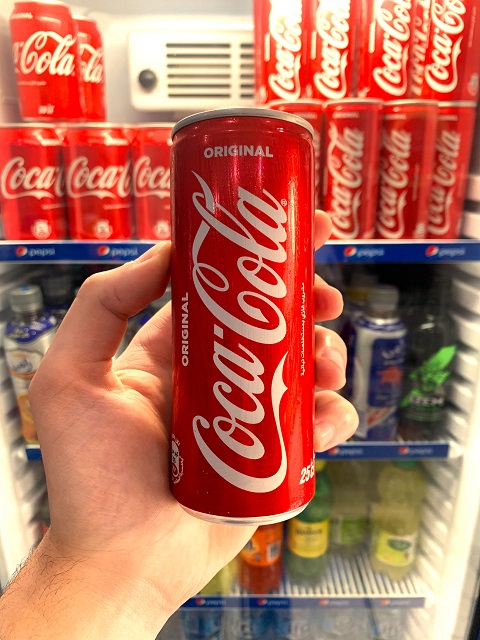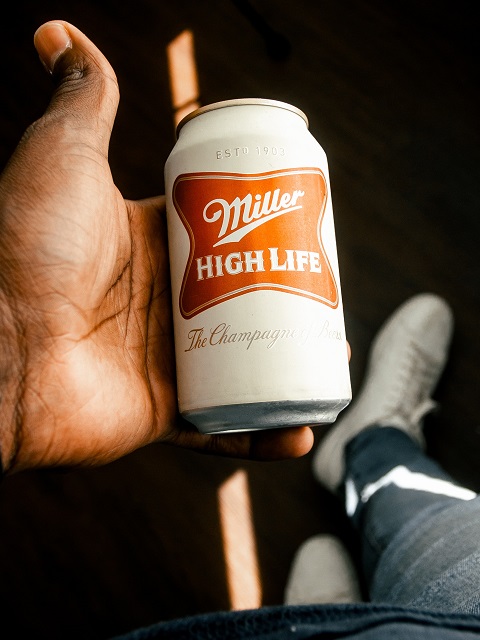What's The Substitute For Sugary Soft Drinks?
Imagine this scenario. Public health advocates campaign for your city to impose a tax on sugary beverages.

They claim it will improve the public's health through fighting obesity by making soda and other soft drinks made with sugar more costly to buy, forcing budget-minded consumers to substitute much lower calorie containing beverages. Your city's politicians, always happy to get more tax revenue, go along with their scheme. How do you think consumers of sugary soft drinks in your city will respond?
If you answered they will drink more calorie-laden alcohol-based beverages, you're right!

The latest proof that consumers substitute beer and liquor for sugar-sweetened soft drinks comes to us from Seattle. In December 2017, the city imposed a unique $0.0175 per ounce tax on beverages containing calories from sugar, but not on beverages made with non-calorie-laden sweeteners. For example, consumers buying a two-liter bottle of Coca-Cola would pay an additional tax of $0.35 that consumers of the same size bottle of Diet Coke or Coke Zero would not.
At first glance, you might think consumers of Sugar-Sweetened Beverages (SSB) would choose to switch to the sugar-free versions of their previously preferred soft drink or to water to avoid having to pay so much more for it.
But that's not what happened according to a peer-reviewed study published in PLOS ONE, which found that the tax "induces substitution to alcoholic beverages". More specifically, the consumers preferred substitute wasn't sugar-free beverages. It was beer, whose sales rose by 7% relative to those of the demographically similar city of Portland, Oregon, which didn't impose a soda tax:
There was evidence of substitution to beer following the implementation of the Seattle SSB tax. Continued monitoring of potential unintended outcomes related to the implementation of SSB taxes is needed in future tax evaluations.
How many competent public health advocates do you suppose would push for new or expanded soda taxes knowing that real life consumers are more likely to shift to alcohol-based beverages with equivalent levels of calories instead of water or low-calorie sugar-free soft drinks? Not only do they miss any benefit from reducing calories consumed among the public, higher alcohol consumption comes with the "higher risk of motor accidents/deaths, liver cirrhosis, sexually transmitted diseases, crime and violence, and workplace accidents" to the public's health.
Then again, if you're a long-time reader of Political Calculations, you could have easily predicted that from our analysis of what happened to alcohol sales in Philadelphia after that city's soda tax went into effect.
Image credits: Coca-Cola Photo by Omar Elmokhtar Menazeli on Unsplash. Miller High Life Photo by Waz Lght on Unsplash.
References
Lisa M. Powell, Julien Leider. Impact of the Seattle Sweetened Beverage Tax on substitution to alcoholic beverages. PLOS ONE 18 January 2022. DOI: 10.1371/journal.pone.0262578.
Baylen Linnekin. Study: Seattle's Soda Tax Has Been Great for... Beer Sales? Reason. [Online Article]. 12 February 2022.
Disclosure: None.



